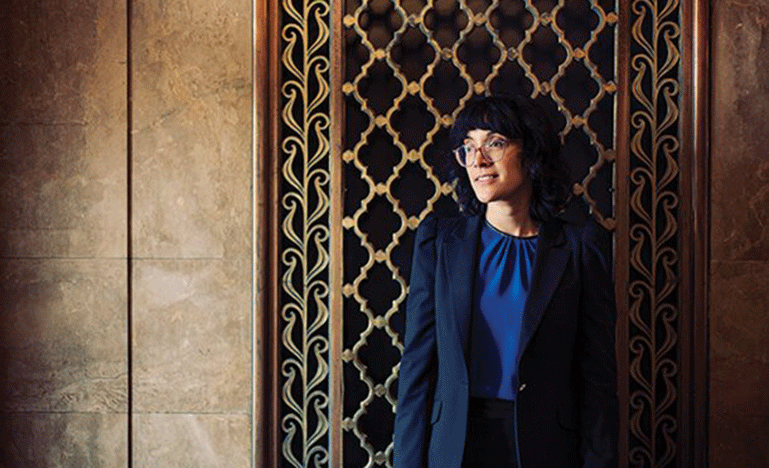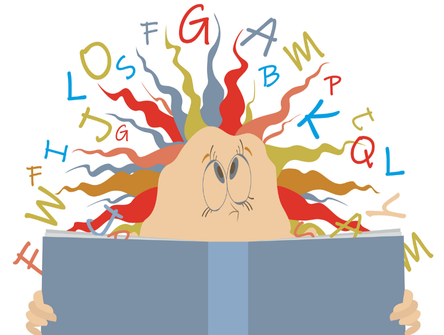In Person – Jameela Jeeroburkhan
Jameela Jeeroburkhan is a partner at Dionne Schulze in Montreal, where she helps Indigenous clients navigate complex litigation and negotiates on their behalf with governments and industry. She is an executive committee member of the CBA’s National Aboriginal Law Section.</p>

The National: Who has had the biggest influence on you, and why?
Jameela Jeeroburkhan: My father was a journalist and my mother worked in international development. There was always a sense that my work was going to have some interest in social justice and activism. I ended up going into law, which isn’t political activism, but it is about advocacy.
I also had a high school history teacher, the late Bob Hamilton, who encouraged me to think critically about history and dominant historical narratives; medical anthropology professors at McGill University, such as Margaret Locke, inspired rigour in interdisciplinary studies, which led me from anthropology to law; and law professors Colleen Sheppard and Nicholas Kasirer at McGill, both of whom I am lucky to have worked for, influenced my approach to law. Many of my initial lessons in practice came from my articling principal, Peter W. Hutchins. He was a very patient and an encouraging teacher.
N: What books have influenced you?
JJ: Joan Ryan’s ethnographic study, Doing Things the Right Way: Dene Traditional Justice in Lac La Martre, NWT, got me interested in dispute resolution in Indigenous communities and rule-making as a part of all societies. Thomas King’s Massey Lecture, The Truth About Stories, is a wisely delivered treatise on the importance of storytelling, particularly uncompromising storytelling from an Indigenous perspective.
N: What new skill would you like to learn, and why?
JJ: I want to learn the Innu language – to the extent that I can, as a lawyer who spends most of her time in an office and in the city.
N: If you were not a lawyer, what would you be?
JJ: I thought I was going to be an actress at the end of secondary school. Or something that was performance-based, collaborating with people, maybe in theatre.
N: What was the best career decision you ever made, and why?
JJ: Agreeing to take on more human resource responsibilities as a partner at Dionne Schulze in Montreal. It has not always been easy, and it can be very time-consuming, but I am surprised at how much I enjoy checking in on how my colleagues are doing, their workloads, and making sure – as much as I can – that they are getting the support, experience and training they need to develop professionally.
N: If you could change one thing about our legal system, what would it be?
JJ: There is still a lot of work to be done to educate all practitioners in the legal profession – be they judges, lawmakers or lawyers – about the history of Indigenous peoples in Canada and their relationship with the legal system. In 2016, the CBA adopted a resolution put forward by the National Aboriginal Law Section to implement the Calls to Action of the Truth and Reconciliation Commission (TRC) as they relate to legal education, skills training and CBA policy. I’m hoping the CBA will continue to champion the TRC’s recommendations.
N: What advice would you give to a young person in the early stages of their legal career?
JJ: To approach law in terms of problem-solving. You really need to understand the issues, the problem that a client is facing. And sometimes the best solution might not be a legal one, because there are limits to what the law can solve.


